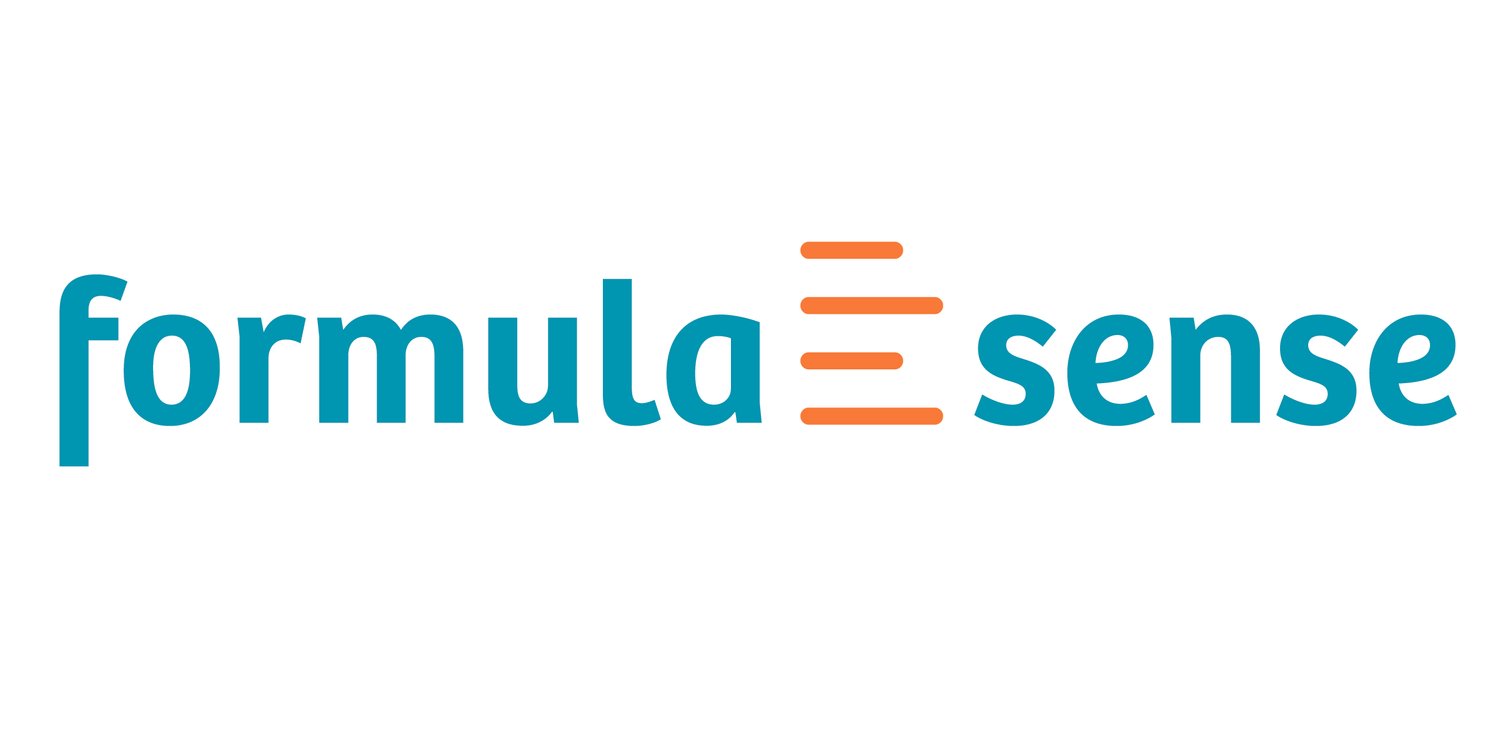What is Monocalcium Phosphate?
[pronounced: mon-o-KAL-cee-um faas-fate]
Monocalcium phosphate is a specific form of calcium phosphate that is very similar to calcium dihydrogen phosphate. These three ingredients are so similar that their Ingredient Interpreter stories are identical.
Monocalcium phosphate is added to infant formula to provide the essential minerals calcium and phosphorus.
More than Bone Health
Calcium phosphate is the same form of calcium that is found in bones and teeth. While we often think of calcium’s role in building strong bones, it is also needed to conduct messages along the nervous system, move all our muscles, and release hormones. Like calcium, phosphorus is well known for its contributions to bone health; however, it is also a core part of the chemical (ATP) that provides energy for all metabolic processes.
Regulations and Safety
The FDA Infant Formula Act requires formulas sold in the United States to have at least 60 milligrams (mg) of calcium for every 100 calories of prepared formula. A maximum level of calcium has not been established. Formulas must also have at least 30 mg of phosphorus. The European Commission requires calcium content to be between 50 and 140 mg and phosphorus to be between 25 and 90 mg for each 100 calories of prepared formula.
In the United States, calcium phosphate is generally recognized as safe (GRAS). In Europe, calcium phosphates are known as E341 in the E- number system of substances that can be added to foods. The World Health Organization considers it safe, as do Australia and New Zealand.
Dietary Considerations
All religious groups, vegans, and vegetarians can consume calcium phosphate. It is not sourced from animal bones.
